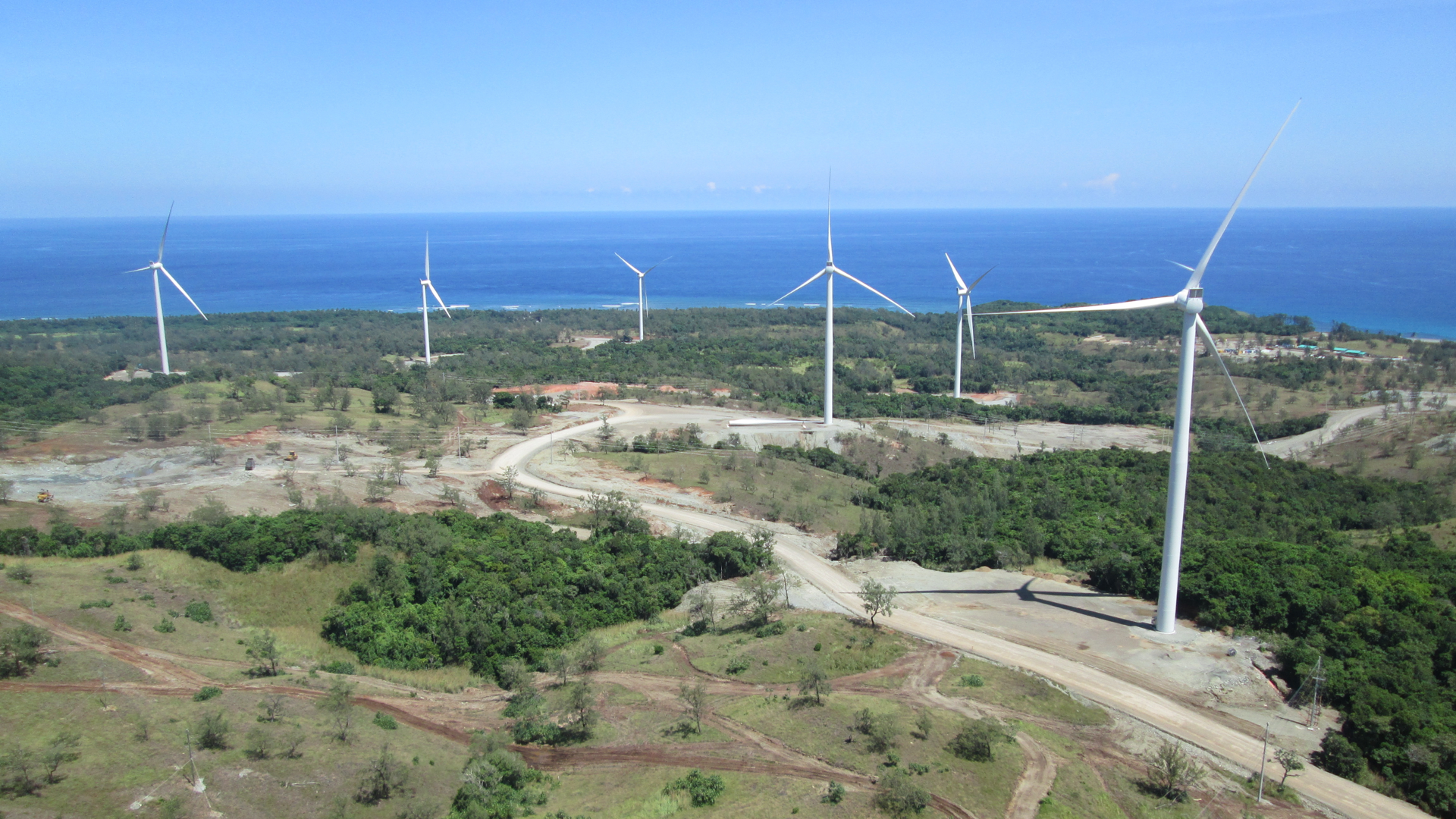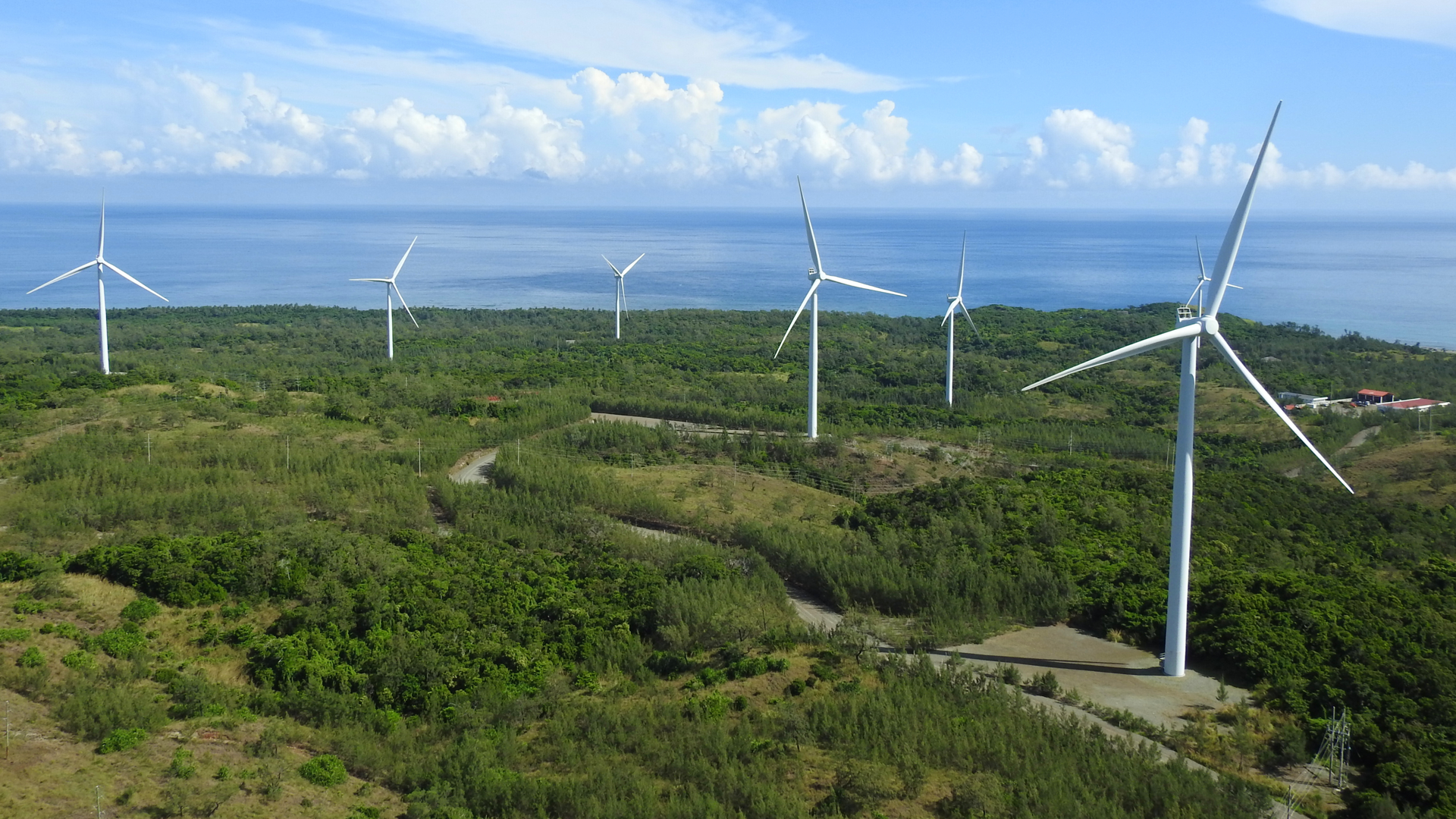HEARD IT THROUGH THE GRIPE-VINE: OUR NEW ABNORMAL

ACEN is the listed energy platform of the Ayala Group, with aspiration to be the largest listed renewables platform in Southeast Asia. The company presently has -4,500 MW of attributable capacity from owned facilities in the Philippines, Australia, Vietnam, Indonesia, and India – with a renewable share of 98 percent, among the highest in the region. ACEN is committed to transition the company’s generation portfolio to 100 percent renewable energy by 2025, and to become a Net Zero greenhouse gas emissions company by 2050.
The Manila Bulletin is happy to include ACEN in its list of speakers at our upcoming second MB Sustainability Forum, to be held this Nov. 21 and 22. With one of our forum’s sessions centered on UN Sustainability Development Goals #7, Affordable and Clean Energy; why I’m especially pleased to have ACEN on board is that while the company’s operations directly impact on Energy, the company’s Sustainability programs meaningfully overlap with other Development Goals such as #8 Decent Work and Economic Growth, #11 Sustainable Communities, #13 Climate Action, #14 Life Below Water, and #15 Life On Land.
How does it achieve all this? One example is by making their flagship sustainability programs become more than pie-in-the-sky ambitions, but part and parcel of an on-ground multi-pronged initiative they’ve called a Conservation Estate. Via multiple touch points with the community where their projects are located, ACEN takes on the mantle of ecological stewardship, while attending to their renewable core business.
Within the 81 MW North Luzon Renewables wind farm in Ilocos Norte, ACEN has established a 700-hectare Conservation Estate, with an integrated approach to reforestation, agroforestry, and biodiversity conservation. ACEN has actively engaged the community, with over 500 residents from Pagudpud and Caparispisan empowered as forest rangers and farmers.


PHOTOS OF THE SAME ACEN Ilocos Norte wind farm site, in 2014 (upper photo) and in 2023 (lower photo).
From 2014 to 2022, the establishment of a tree nursery has resulted in the successful cultivation of over 706,000 seedlings. More than 500,000 endemic and fruit bearing trees can now be found across the 356 hectares of previously unproductive land within the Estate. This has resulted in forest patches co-existing harmoniously with the ACEN wind turbines.
Again within the Estate, a 4.5-hectare model farm is the ‘petri-dish’ for a 10-year agroforestry plan that’s been mapped out with the UP-Los Baños College of Forestry and Natural Resources. This was started in 2017, with the objective of providing the local community with sustainable livelihood opportunities, self-reliance, and food security. Some 300 farmers have already benefited from this project.
When talking of biodiversity, remember the forest patches we mentioned? They’re now a haven to 146 animal species, including 121 bird species. ACEN’s host communities in Bangui and Pagudpud, are part of a Sea Turtle “Pawikan” Conservation Program. Since 2013, 1,923 sea turtle hatchlings have been released, monitored and protected. The Program has also rescued 41 adult turtles who were caught in the nets of fishermen.
Here, ACEN works with stakeholders such as the Marine Wildlife Watch of the Philippines, the LGU’s of Bangui and Pagudpud, the Philippine Coast Guard, the PNP, and the DENR. It’s collaboration, and a strategic sharing of responsibilities. And it’s worthwhile noting that when ACEN operates facilities in other countries, this advocacy of biodiversity and conservation stays true. ACEN Australia is involved with the research and conservation of the Tasmanian wedge-tailed eagle; while ACEN Salak and Darajat Geothermal in Indonesia extends efforts in increasing the population of endangered species such as the Javan gibbon.
 SEA TURTLE hatchlings being released as part of the ACEN Pawikan Conservation Program presently found in Bangui and Pagudpud.
SEA TURTLE hatchlings being released as part of the ACEN Pawikan Conservation Program presently found in Bangui and Pagudpud.
ACEN’s solar farms have their own program - Solar Gulayan. This is an innovative agrivoltaics-based initiative that integrates agriculture in their renewable energy projects by optimizing the available land within a solar plant. ACEN strengthens the supply chain and stimulates the local economy. When possible, it goes further and collaborates with local farming communities, as it does in Alaminos Solar and Palauig Solar – in Laguna and Zambales, respectively. To date, the five operational ACEN solar farms in the country have yielded over 3,857 kilos of various crops.
Eco-bricks that incorporate repurposed plastic waste, are used for their projects’ perimeter walls and buildings. It’s managing plastic waste through a circular economy scheme; with social enterprise Green Antz Builders as the strategic partner that’s helping run the recycling facility.
It’s all in a day’s work for ACEN… a sustainable day’s work. Hear more about this when our MB Sustainability Forum happens in November.